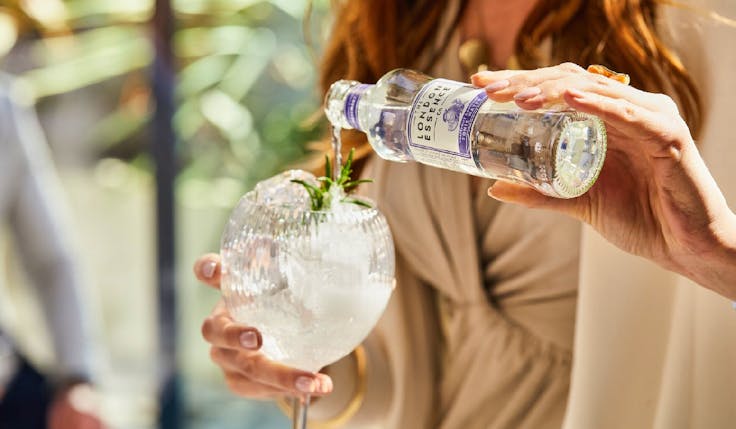Robinsons and Wimbledon end partnership after 86 years
The “quintessentially British” partnership has come to an end after 86 years, with Robinsons saying it is now focusing on “broadening its summertime reach”.
 Robinsons and Wimbledon have ended their partnership after almost nine decades, marking the end of one of the longest running sport sponsorship deals.
Robinsons and Wimbledon have ended their partnership after almost nine decades, marking the end of one of the longest running sport sponsorship deals.
The Britvic-owned brand today confirmed it will not be renewing its partnership with the tennis tournament, which has been in place for 86 years. The squash has been almost synonymous with Wimbledon since the 1930s.
“We are tremendously proud to have been such a prominent partner to this historic tournament for so many years and the wider role we have played in boosting engagement with the game of tennis in the UK,” a Britvic spokesperson says.
The company adds that it is “broadening [its] summertime reach to beyond the Wimbledon fortnight” and looking to focus on new campaigns, such as ‘Big Fruit Hunt’. The campaign encourages families to get outside and take part in a virtual hunt for fruit for a chance to win prizes.
In 2015, Robinsons celebrated the 80-year anniversary of its partnership with Wimbledon and pledged five more years as a sponsor of the tournament.
“The relationship between Robinsons and Wimbledon is quintessentially British,” Britvic CMO Matt Barwell told Marketing Week at the time.
“Robinsons Barley Water was born in the changing rooms at Wimbledon when a sales rep combined Robinsons crystals with lemon juice, sugar and water, and it has been drunk there ever since.”
According to Barwell, Robinsons’ was the second longest running sports partnership in history. It is beaten by Wimbledon’s association with ball-supplier Slazenger, which has been going for 120 years.
In its own statement the All-England Lawn Tennis Club (AELTC), which runs Wimbledon, thanks the brand for its support, and says it is “tremendously proud of the historic association with Robinsons over so many years”.Marketing That Matters: How Britvic rescued Robinsons from decline
Neither Britvic nor the AELTC provide a reason for the end of the decades-long partnership. The Guardian cites reports that Britvic wanted to promote some of its other products at the tournament, such as Pepsi Max, J2O and Fruit Shoot. The AELTC was reportedly opposed to being associated with other sugary drinks.
Within its statement, Britvic adds “well over 90%” of its brands in the UK are either no or low sugar drinks.
“We have taken bold steps to help consumers make healthier choices, and our responsible marketing code means, where available, we will always promote low or no sugar options in our advertising,” the spokesperson says.
In May, Britvic identified marketing and innovation as “clear priorities” to “maintain momentum” in the second half of the business’s financial year, after a strong first half.
CEO Simon Litherland said this would involve the activation of “highly relevant” marketing programmes, expanding Britvic’s core brands through extension and innovation, and developing its presence in “new growth spaces”.
This follows the successful implementation of Britvic’s “commercial transformation” programme, which went live in the second quarter. First announced in November last year, the programme includes a centre of excellence for consumer experience, focused on enhancing Britvic’s digital marketing capability and integrating the end-to-end consumer experience of its brands.








Comments